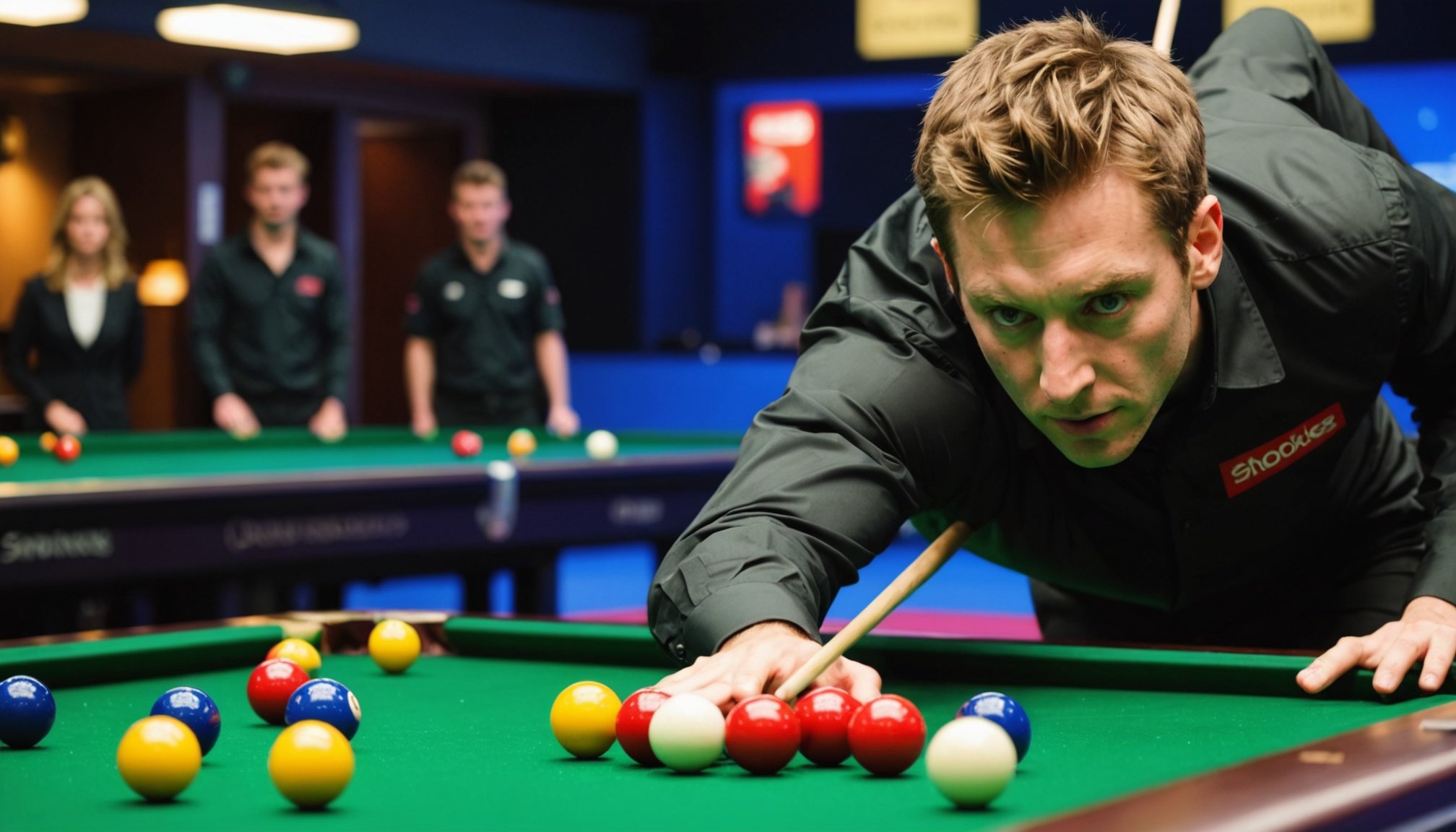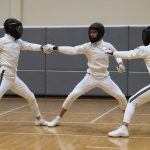Unlocking Performance: The Benefits of Integrating Sports Psychology in Training for UK Snooker Players
The Power of Sports Psychology
Sports psychology is a field that has been gaining significant attention in recent years, and for good reason. It offers a plethora of benefits that can elevate the performance of athletes across various sports, including snooker. For UK snooker players, integrating sports psychology into their training can be a game-changer.
Understanding Flow State
One of the key concepts in sports psychology is the “flow state,” a term coined by Mihaly Csikszentmihalyi. This state is characterized by complete immersion in an activity, where the individual’s skills match the challenges of the task, leading to heightened efficiency and enjoyment[1].
Also to read : Effective techniques for uk athletes to overcome homesickness during training camps
To achieve this flow state, snooker players need to balance their skills with the challenges of the game. Here are some strategies to help them get into this optimal state:
- Challenge-Skill Balance: Ensure that the difficulty of the shots is aligned with the player’s skill level. If the challenges are too easy, boredom sets in; if they are too hard, anxiety takes over.
- Immediate Feedback: Receive immediate feedback on performance, whether through self-assessment or coaching. This helps in adjusting strategies and maintaining focus.
- Focus and Concentration: Exclude distractions and maintain a high level of concentration. This can be achieved through mindfulness exercises and mental training.
- Action and Awareness Merged: The player should be fully engaged in the activity, with their actions and awareness seamlessly integrated.
- Sense of Time Distorted: The flow state often results in a distorted sense of time, where the player is so engrossed that time seems to fly by.
Mental Toughness and Resilience
Mental toughness is another crucial aspect of sports psychology that can significantly impact a snooker player’s performance. It involves the ability to cope with pressure, adversity, and failure.
Have you seen this : Navigating climate obstacles: key tactics for uk sports teams gear up for international competitions
Developing Mental Toughness
Dr. Duncan Simpson, with his extensive experience in sport psychology, emphasizes the importance of mental toughness in athlete development. Here are some ways to develop this resilience:
- Positive Self-Talk: Encourage positive self-talk to build confidence and manage stress.
- Visualization Techniques: Use visualization to rehearse successful performances and manage anxiety.
- Emotional Regulation: Learn to regulate emotions, especially during high-pressure situations.
- Coping Mechanisms: Develop healthy coping mechanisms to deal with setbacks and failures.
The Role of Coaches and Mentors
Coaches and mentors play a vital role in integrating sports psychology into the training of snooker players. Here’s how they can make a difference:
Tailored Mentoring
Bernadette Sanchez, a senior researcher and mentor, highlights the importance of tailored mentoring. She emphasizes that each mentee has unique needs and that mentors should be learners as well, constantly reflecting on their approach to improve[2].
- Reflective Practice: Coaches should regularly reflect on their mentoring style and seek feedback from their players.
- Cultural Sensitivity: Be aware of the cultural and personal backgrounds of the players to provide more effective support.
- Regular Check-ins: Schedule regular meetings to discuss progress, challenges, and areas for improvement.
Practical Applications in Snooker Training
Here are some practical ways to integrate sports psychology into snooker training:
Pre-Game Preparation
- Visualization: Before a match, visualize the game, focusing on successful shots and strategies.
- Breathing Exercises: Use deep breathing exercises to calm nerves and maintain focus.
- Positive Affirmations: Repeat positive affirmations to boost confidence.
During the Game
- Focus on the Present: Concentrate on the current shot rather than worrying about the outcome of the game.
- Manage Distractions: Use techniques like mindfulness to exclude distractions and stay focused.
- Self-Talk: Maintain positive self-talk to manage stress and stay motivated.
Post-Game Analysis
- Reflect on Performance: Analyze the game to identify areas of improvement and strengths.
- Learn from Mistakes: Use mistakes as learning opportunities rather than dwelling on them.
- Set Goals: Set specific, achievable goals for the next practice or match.
Success Stories and Examples
Several athletes and coaches have seen significant improvements by integrating sports psychology into their training.
Dr. Duncan Simpson and Dr. Greg Young
In an episode of the “Stories of Performance” podcast, Dr. Duncan Simpson and Dr. Greg Young discuss their experiences with athletes. Dr. Simpson mentions his work with NCAA athletes and Olympians, highlighting the importance of mental preparation and resilience[4].
Quote from Dr. Duncan Simpson:
“Mental toughness is not just about being tough; it’s about being resilient, adaptable, and able to perform under pressure. It’s something that can be developed through specific training and practices.”
Comparative Benefits of Sports Psychology in Snooker
Here is a comparative table highlighting the benefits of integrating sports psychology into snooker training:
| Aspect | Without Sports Psychology | With Sports Psychology |
|---|---|---|
| Performance Under Pressure | Tendency to choke or perform poorly | Better ability to manage stress and perform optimally |
| Focus and Concentration | Easily distracted | Improved focus and concentration through mindfulness and self-regulation techniques |
| Mental Toughness | Prone to emotional highs and lows | Developed resilience and ability to cope with setbacks |
| Pre-Game Preparation | Limited preparation beyond physical practice | Comprehensive preparation including visualization, breathing exercises, and positive affirmations |
| Post-Game Analysis | Limited reflection on performance | Detailed analysis and learning from mistakes |
| Overall Success | Variable performance | Consistent high performance and greater success |
Integrating sports psychology into the training of UK snooker players can be a powerful tool for enhancing performance. By understanding and applying concepts like the flow state, mental toughness, and tailored mentoring, players can achieve greater success and consistency in their game.
Final Tips for Snooker Players
- Listen to Podcasts: Listen to podcasts like “Stories of Performance” on Spotify or Apple to gain insights from experts like Dr. Duncan Simpson and Dr. Greg Young.
- Join Communities: Connect with other performers and coaches on LinkedIn, Instagram, and other platforms to share experiences and learn from others.
- Seek Professional Help: Consider working with sports psychologists or coaches who specialize in mental training to tailor your approach.
By embracing sports psychology, UK snooker players can unlock their full potential and achieve greater success in the game. As Dr. Greg Young would say, “The mental game is just as important as the physical one; it’s about finding that balance and leveraging it to your advantage.”











